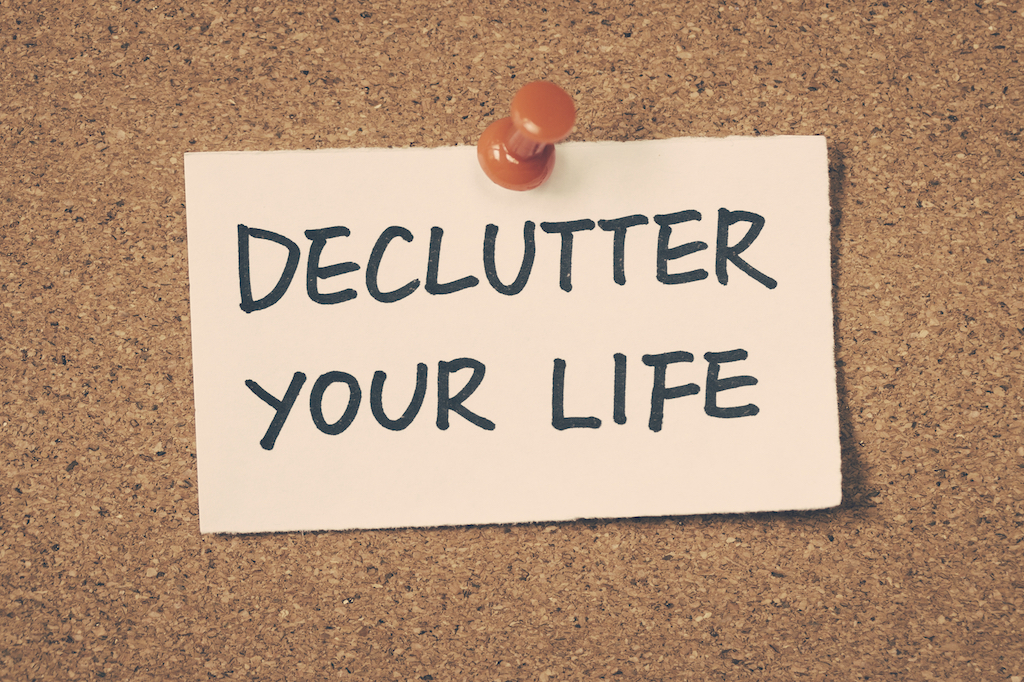The Catholic Church teaches that the Eucharist is “the Source and summit of the Christian life.” (Lumen Gentium) All that we do, both at Mass and in our daily lives, should be directed toward the Eucharist.
Why does the Church take the Eucharist so seriously? Because Christ did. In the Gospel of John, chapter 6, Jesus clearly tells his disciples, “I am the Bread of Life.” In addition, He told them that all must eat His Body in order to have eternal life.
Many of the disciples said to each other, “This is too hard. We can’t accept this.” And they left. They left Jesus, the one who had walked on water, who had cured the sick, made the lame walk. They believed He was the Messiah … but the idea of Him being the Bread of Life made them walk away.
Jesus did not call them back. He did not stop them and tell them, “No, you misunderstood me. Here’s what I really meant to say…” He allowed them to leave. If they could not handle this hard truth, they could not be His disciples.
Catholics believe that, at every Mass, the bread and wine we bring to the altar is changed: to the Body, Blood, Soul and Divinity of Christ. We call this “transubstantiation,” because the very substance of the matter (bread and wine) undergoes a change. While the appearance of bread and wine remain, the very substance is changed into the Body and Blood of Christ.
Why do we believe this? Because Jesus told us it was true. Why do we do this? Because Jesus told us to. When we receive the Eucharist, we are as close to Jesus as we will be in Heaven. We feast on this Bread from Heaven that is our Savior. Because of this gift, we grow in holiness, in grace, in faith. Receive your Savior worthily, for the King of Heaven and Earth is now yours.


